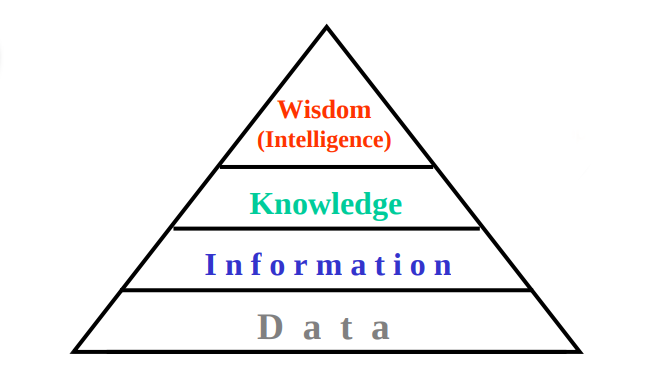January is the time of year for setting goals and checking to see how I did on last year’s goals. It’s probably more interesting to hear about things I’ve done or tried and failed to do than to hear about what I plan to do in the future. I’ll stick with the former. We get enough of the latter from our politicians.
I achieved a lot of my minor goals and resolutions last year. I relaunched my blog, made reasonably regular blog posts, and consolidated my online presence under a single name, I got a couple of nice photo essays into Robot magazine, I did two photos shoots with models, got some photos into a museum exhbiit (at their request even!), I repaired and shot usable photos with several vintage cameras, I finally participated in the 24 hour video race!
I also did a few things that weren’t on my ToDo list but were still really cool, like speaking at Pecha Kucha, demonstrating robotic music to an art class in Denton, hearing the Buzzcocks play live, painting highway pillars in Deep Ellum, and meeting lots of cool people.
But the one really big thing from 2010 has to be helping to get a Dallas Hackerspace started. Back in January 2010, Ed and I hatched the plan. Through the first half of the year Ed and I were meeting weekly at Cafe Brazil or where ever we could find free WiFi, planning and organizing, trying keep things rolling. I also got invaluable advice starting out from folks like Sarah Jane Semrad. During the first half of the year, it sometimes felt like Ed and I were pushing a train up a steep hill. I took on way more projects than I could possibly do but somehow managed to get most of them mostly done (thanks to getting lots of help from friends).
Towards the end of 2010, Ed took a job in Pittsburgh but things had gathered so much momentum by then, that instead pushing a train up a hill, at that point it felt like the train had crested the hill and was accelerating down the other side, with me hanging on for dear life. The group gained so many new members that it took on a life of its own. It didn’t quite turn out the way either Ed or I expected but that’s a good thing – it proves the group can survive without me or any one person at this point. I’m looking forward to being just a member of Dallas Makerspace in 2011 and having more free time to devote to other ventures.
There were goals I didn’t meet in 2010. I had set a goal of doing one Noise Boundary performance per month but that fizzled out after April; initially because I was too busy with the hackerspace and later because my partner in noise, Ed, left Dallas. I utterly failed to get the long-awaited libxml2 HTML parser patch into mod_virgule. I did spend time on it and it’s very close with only one annoying bug yet to solve. I also have software patches for Apache and ChucK that didn’t get submitted. Garage renovation plans were thwarted by a series of set backs.
Some of those things will get bumped to my 2011 list along with a lot of new goals and resolutions. Will I get anything done in 2011? Stay tuned to find out. I plan to have fun trying at least.

